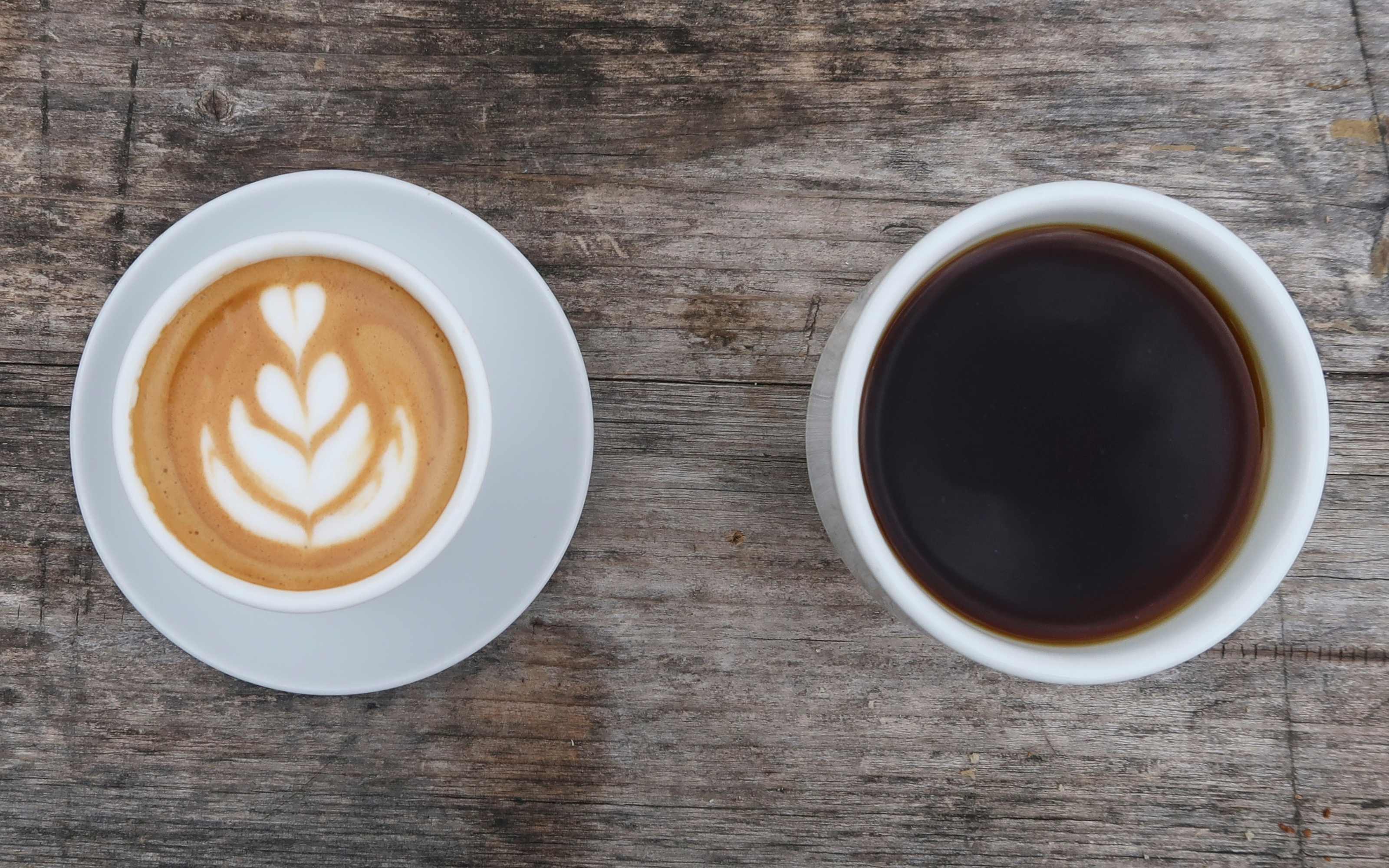Coffee Brewing 101
- Introduction to Coffee
- Coffee Brewing Basics
- French Press Brewing Technique
- Pour Over Brewing Technique
- Espresso Brewing Technique
- Aeropress Brewing Technique
- Cold Brew and Iced Coffee Techniques
- Course Wrap-up and Final Project
Introduction to Coffee
Factors Influencing the Taste of Coffee

Brewed beverage made from seeds of Coffea genus.
The taste of coffee is a complex interplay of various factors, each contributing to the final cup's flavor, aroma, and overall experience. This article will delve into the key elements that influence the taste of coffee, from the origin of the coffee bean to the brewing method used.
Coffee Bean's Origin and Variety
The origin of the coffee bean plays a significant role in defining its flavor profile. The geography, climate, and soil where the coffee is grown can all impact the taste. For instance, coffee beans from Ethiopia often have a fruity, wine-like quality, while beans from Brazil might have a more nutty and chocolatey profile.
There are two main types of coffee beans: Arabica and Robusta. Arabica beans, which are more delicate and have a wide range of flavors, are often described as having a softer, sweeter taste with hints of sugar, fruit, and berries. On the other hand, Robusta beans have a stronger, harsher taste, with a grain-like overtone and peanutty aftertaste.
Processing Method
The method used to process coffee beans after they are harvested can also significantly impact their taste. The three main processing methods are washed (or wet) process, natural (or dry) process, and honey (or semi-washed) process.
- Washed Process: The coffee cherries are de-pulped and then fermented in water to remove the remaining fruit. This method typically results in a clean taste with pronounced acidity.
- Natural Process: The cherries are dried in the sun without removing the fruit and pulp. This method often results in coffee with a full body and low acidity, with more fruity and wine-like flavors.
- Honey Process: This is a hybrid method where some of the fruit is left on the bean while it dries. It can result in a variety of flavor profiles, but generally, honey-processed coffees are sweet and have a more balanced body and acidity.
Roast Level
The roast level of the coffee beans can greatly influence the taste of the coffee. Light roasts often preserve the unique flavors of the beans, resulting in a more acidic but complex flavor profile. Medium roasts strike a balance between the beans' natural flavors and the flavors developed during roasting, offering a balance of acidity and body. Dark roasts often have a robust, full-bodied flavor with less acidity and more bitterness.
Grind Size and Brewing Method
Finally, the grind size and brewing method used can also influence the taste of coffee. A finer grind size can result in a more robust flavor, as more coffee surface area is exposed to the water. However, if the coffee is ground too fine, it can lead to over-extraction and a bitter taste.
The brewing method also plays a role. For instance, espresso brewing, which uses high pressure and a fine grind, results in a concentrated, full-bodied coffee. In contrast, a method like French press, which uses a coarse grind and longer brewing time, can result in a more robust and full-bodied coffee.
In conclusion, the taste of coffee is a complex interplay of various factors. Understanding these can help you appreciate the art of coffee making and enhance your coffee tasting experience.